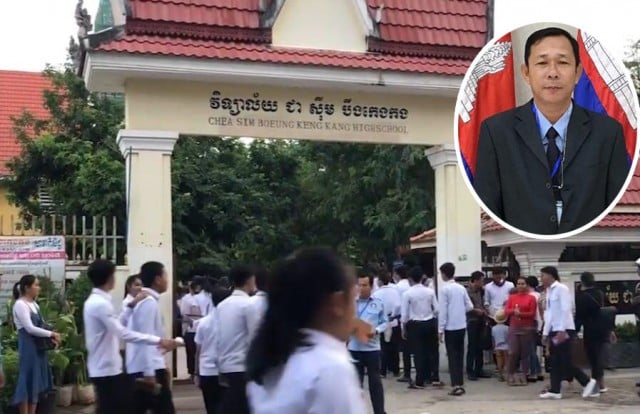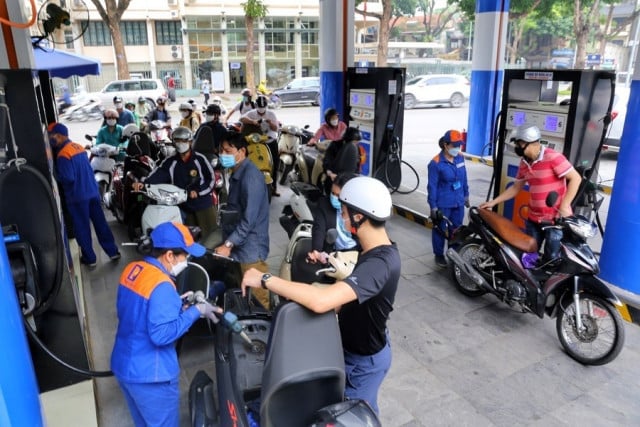New Minimum Wage Fails to Beat Inflation: Unionists

- By Meng Seavmey
- September 29, 2023 4:37 PM
PHNOM PENH – The Ministry of Labour and Vocational Training has set $204 as the minimum wage for garment textile and footwear workers next year.
Unionists said the amount would not be enough to meet workers’ expenses as inflation hit their livelihood.
The decision was passed to Prime Minister Hun Manet on Sept. 28. It was chosen from the options of $202, $203 and $213. The $202 figure received 46 votes out of 51 and was revised to $204 by the PM. the $213 figure got five votes.
“I have followed up with the discussion on the minimum wage since the beginning,” Hun Manet said.
“Based on the ability of the government to help employers, I have decided to add $2 to the $202 figure.”
Unionists said they were not satisfied the final figure as the amount would not be enough to respond to the financial struggles of workers while inflation was squeezing them.
Khun Tharo, program manager for the Centre for Alliance of Labour and Human Rights (CENTRAL), said workers’ incomes remain lower than their expenses compared with the pre-COVID-19 period, despite the rise.
Inflation meant that workers received less from working overtime, bonuses and other benefits while lacking nutrition and having to pay loans.
Tharo suggested between $300 and $500 for a long-term, acceptable minimum wage. The government should study clearly the profits of employers to ensure the possibility of increasing the wage.
Sam Sreymom, the representative of the Federation of Free Trade Union of Workers of the Kingdom of Cambodia (FTUWKC) took part in the meeting and said she stood firm with $213 but the figure did not get many votes.
“Although the prime minister has added $2 to the $202 that had been decided, the figure still doesn't not respond to the workers’ needs such as their daily expenses,” she said.
“We still insist on the government to be more considerate of the workers' welfare and think about inflation. We are upset that the union representatives couldn't protect our proposed figure of $213.”
Wages go up but bills go higher
Sam Nang, working in a factory since 2012 in Kampot province, said he and other workers had no choice but to accept the figure because they could not do anything to change it.
While he is receiving a $4 rise next year, his rent will increase by $5 from January. Bills this year were $4 higher than in 2022.
“The prices of materials on the market have risen, that’s why the house owner had to decide on the rental price, too,” he said.
Sam Nang sends what little he has left home to his family. The new minimum wage would not make any difference.
CENTRAL’s Tharo called on the government to set out a strategy to reduce inflation on food, gasoline and house rents. He called also for a pledge to reduce the impact of rising prices by providing a better wage-bonus structure and a change in loan repayment conditions.
Hun Manet also called on all rental house owners to balance the price to help workers and support themselves at the same time.
He advised owners to implement the Law on Contracts properly and promised to broaden the electricity network and clean water to reach workers in rental rooms and the owners.















